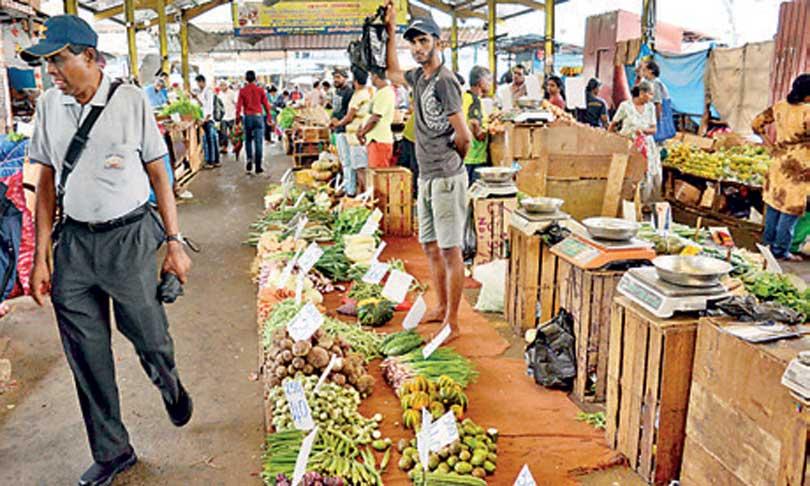01 Feb 2024 - {{hitsCtrl.values.hits}}

The consumer prices accelerated in January quite considerably as expected, reignited by both higher food and non-food prices.
The authorities maintain that the pace of prices wouldn’t last long, as the January prices were mainly influenced by the taxes and weather-related disruptions to supplies.
The consumer prices measured by the Colombo Consumer Price Index, the official’s preferred inflation gauge, rose by 6.4 percent in January from a year ago levels, compared to a 4.0 percent increase in December last year.
The Central Bank last week noted that the current price pressures would be transitory and would return to their target, once the one-off impacts fade from the price index.
The prices measured monthly too rose by 2.9 percent, at the fastest pace since March last year, from just 0.9 percent in December.
The price expansions are due to the increase in the Value Added Tax by 3.0 percent, energy prices and weather-related disruptions to the supplies of agricultural produce.
For instance, in the food basket, the prices of commodities such vegetables, big onions, fruits and fresh fish, rose sharply from the month earlier levels, pushing food inflation higher by
3.8 percent.
From a year ago levels, the food prices jumped 3.3 percent, from a just 0.3 percent increase in December, after ending its months-long deflation in the food prices.
Meanwhile, non-food inflation too soared in January, as the prices rose sharply by 2.5 percent, measured on a monthly basis, compared to a decline in prices by 0.4 percent in December.
The annual non-food inflation also followed suit, logging a 7.9 percent jump, from 5.8 percent a month earlier.
Under the non-food category, housing, water, electricity, gas and other fuels collectively rose the most, due to the higher house rent and LP gas prices in January.
The transport sub-category rose the second highest levels, mainly due to the higher petrol prices and vehicle maintenance expenses.
Barring the food, energy and transport categories, which are considered as volatile items, inflation measured by the so-called core prices rose by 2.2 percent in January from a year ago, compared to 0.6 percent in December, reflecting how high the underlying price pressures were running through the economy.
Although inflation may have come down to single digits from their recent highs of 70 percent,
the consumers in Sri Lanka are still confronted with sharply elevated prices, which rose by three to fivefold in the last two years. The Central Bank last week left its key policy rates unchanged, partly as a guard against the rising inflationary pressures in the economy, in the near term.
27 Oct 2024 6 hours ago
27 Oct 2024 8 hours ago
27 Oct 2024 9 hours ago
27 Oct 2024 27 Oct 2024
27 Oct 2024 27 Oct 2024